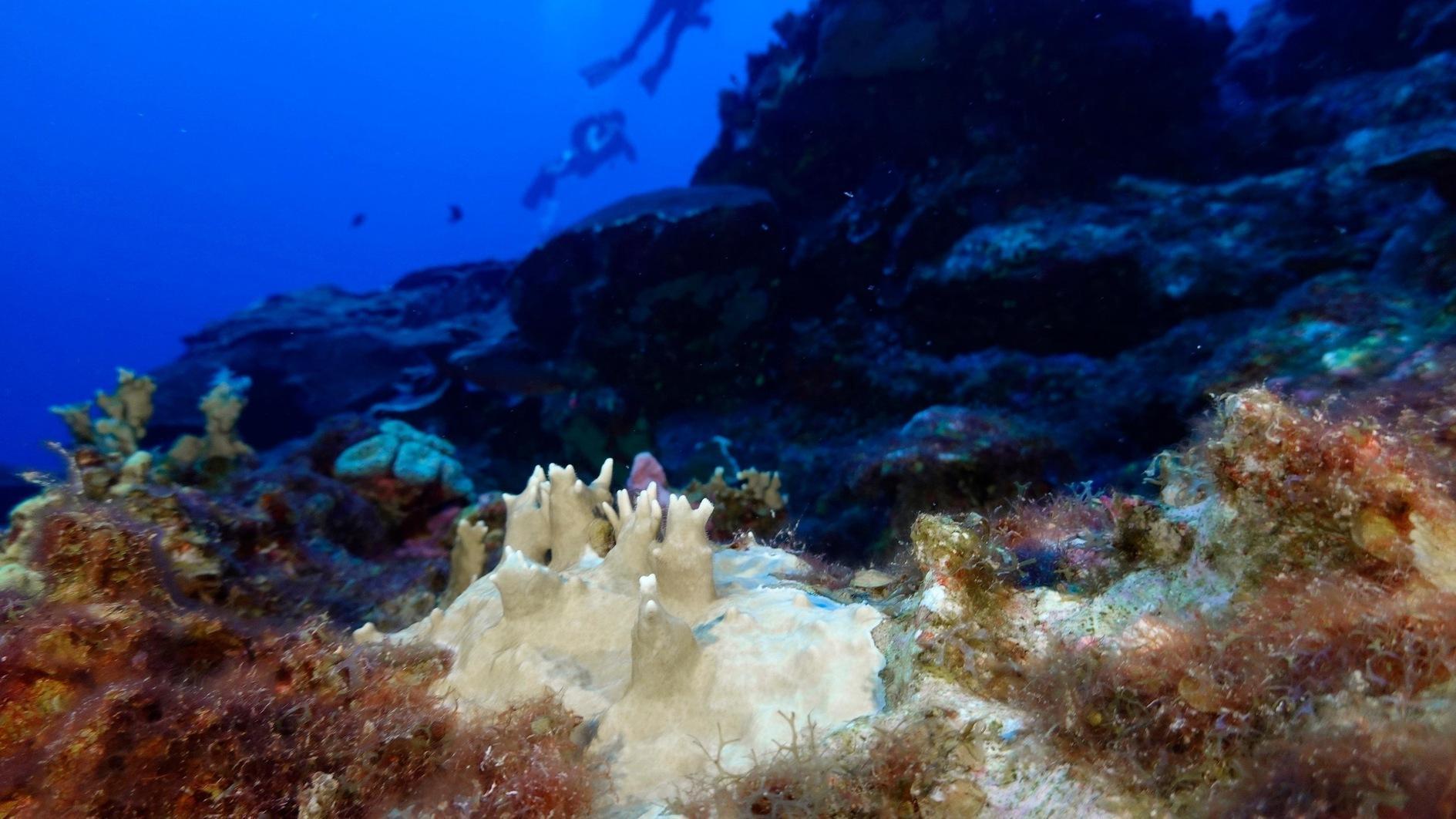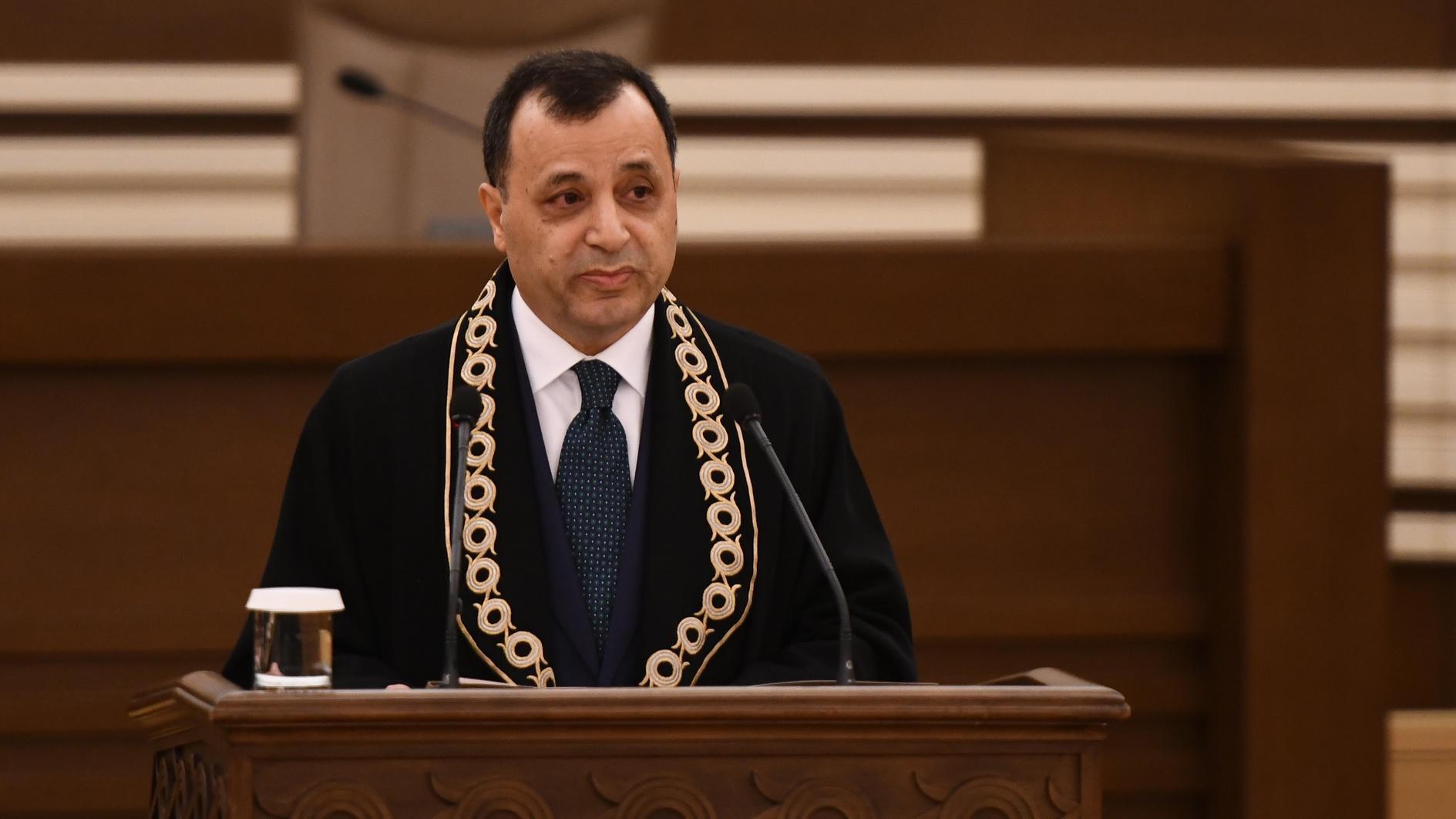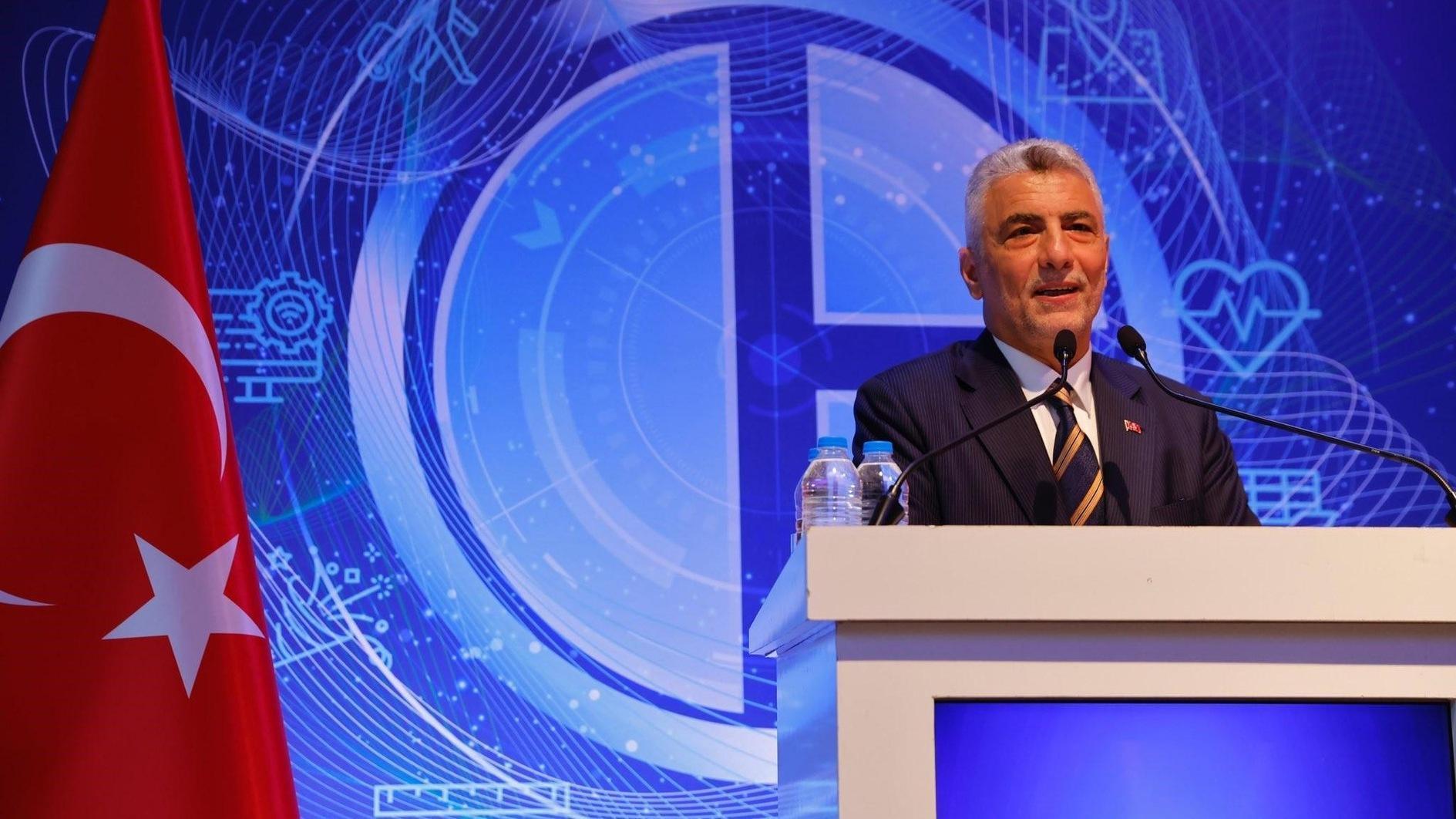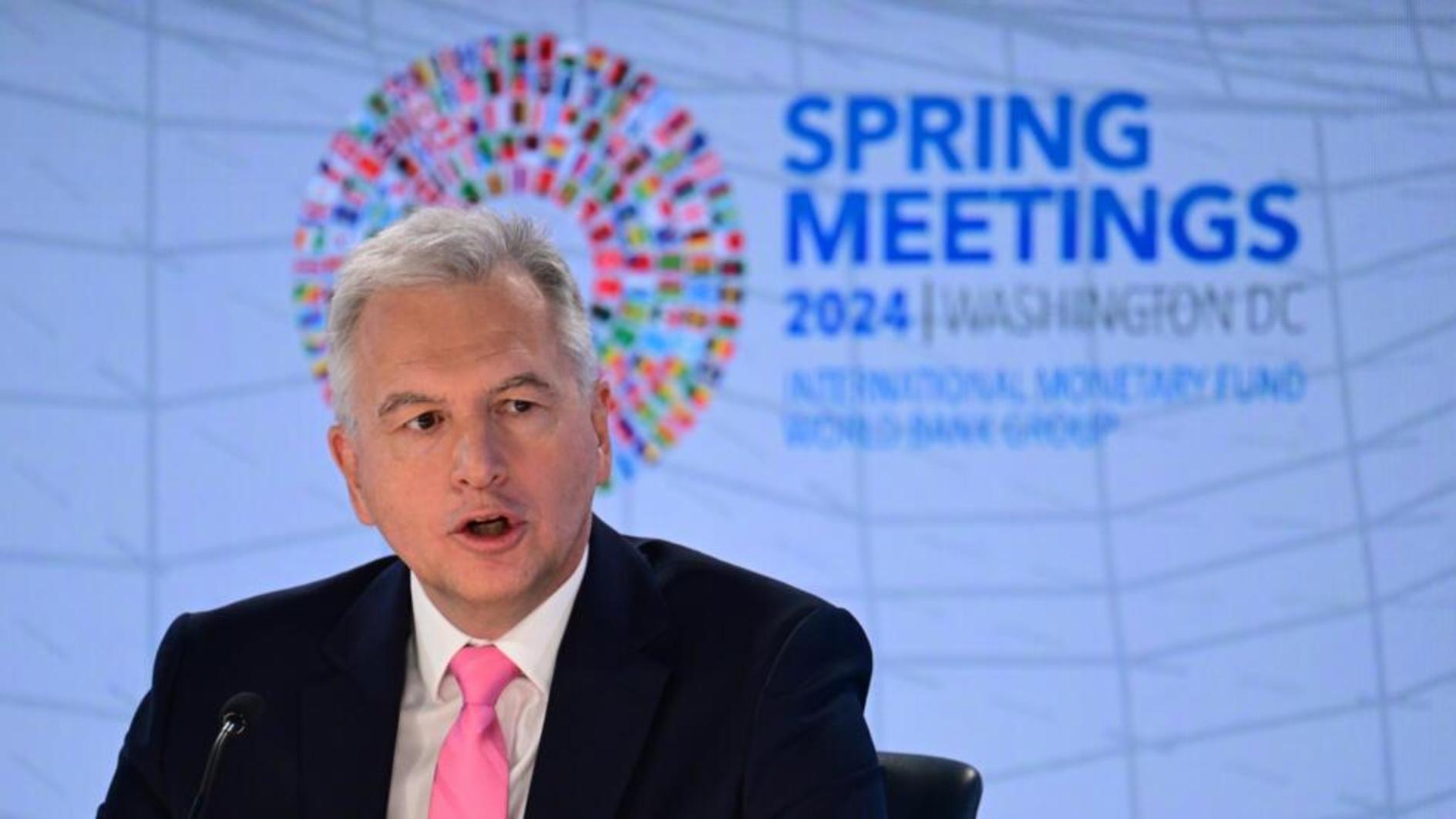Turks in Europe will bear the brunt
President Recep Tayyip Erdoğan’s anger at Europe appears to have no limits. He says Europeans are “going mad” over the fact that Turkey is making great strides and voices his belief that it is Europe that is today’s “sick man.”
Addressing a large rally in İzmir over the weekend, where he was canvassing for a “yes” vote in the April 16 referendum that he hopes will make him Turkey’s sole ruler, Erdoğan said this is the reason why the strongest campaign for a “no” vote was being conducted by Europe.
Referring to recent incidents in the Netherlands, he said the Dutch police had “set their dogs and horses [on Turks] who support a ‘yes’ vote,” arguing that this will backfire and Turks in Europe will vote resoundingly “yes.”
Raising the stakes even higher, Erdoğan also said Europe would “pay the price” after April 16 for “oppressing” the Turks living there.
These are strong words, but few expect Europe to go beyond the usual verbal condemnations. This is why Erdoğan can pillory Europe with such ease. Ankara is aware that unabashed self-interest is what drives Europe.
It needs Turkey today as a bulwark against all its nightmares, most notably at the moment with regard illegal migrants from the Islamic world. There is also the vast economic interest in Turkey, which Europeans cannot overlook.
Just look at the way the Britain is bending over backwards to curry favor with Ankara for the sake of the business it will need after Brexit. Contrast this with what was being said about Turkey before the Brexit referendum.
Apart from this, a Europe unable to cope with authoritarian tendencies on its own turf, for example in Hungary or Poland, or with xenophobia and racism, as in France or the Netherlands, can hardly have much moral superiority over Turkey.
The truth of the matter is that despite all the “angry statements” about how Erdoğan’s words “are totally unacceptable and must stop,” Europe has ultimately swallowed all the Turkish president’s “Nazi” and “fascist” jibes.
Erdoğan is also right when he says Turks in Europe will return a resounding “yes” vote. Most of those Turks are not concerned with democracy in Turkey. They are voting for Erdoğan, hoping he will be the panacea for their problems.
But Europe is also angry and will want to hit Turkey one way or another, especially given the swing toward the right wing of all shades across the continent. This is where it will become apparent that Erdoğan has done Turks in Europe no favor.
A Europe that cannot hit at Turkey will turn on Erdoğan’s Turkish supporters in its midst. The venom with which Dutch police handled Turkish demonstrators recently is ominous. There is already talk in Germany about restrictions on dual nationality for Turks, which will no doubt spread across the continent.
Pressure on Turks to prove their fidelity to the countries where they live in as citizens will also increase.
Testing their linguistic abilities, their understandings of the culture they live in, and their knowledge of the country’s history will become a norm, especially after Erdoğan’s “Nazi” jibes were picked up by many Turks in Europe.
Let alone Turks in Turkey, it is clear that many Turks in Germany and the Netherlands have little notion of what the Nazi era actually represents for Europeans, and what it means to pull out the Nazi accusation in today’s Europe without any forethought.
Meanwhile displays like the less than intelligent one in Strasbourg - where a group of Turks went to cast their vote at the Turkish consulate dressed as an Ottoman sultan, janissaries, and concubines – will only aggravate the situation.
Turks in Europe who have been unable to integrate - and there are many who actually have integrated - will see in the end that they have made their “lot” worse. The irony is that those who are forced to come to Turkey because they cannot stand the pressure in Europe will likely see that they are unable to integrate into Turkey, (where they have never lived), given the better standards they enjoyed in Europe, even though they may have felt like second-class citizens there.











